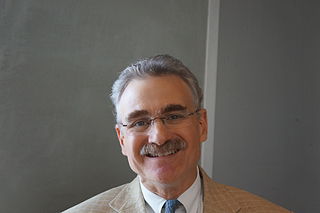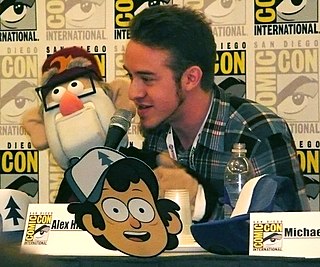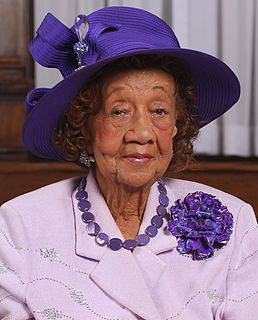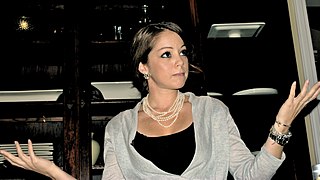A Quote by David Crystal
Research shows that those kids who text frequently are more likely to be the most literate and the best spellers, because you have to know how to manipulate language.
Related Quotes
Filmmaking materials are in the hands of more people now than ever before. I would like to think that the more people have these tools, the more people will learn how to use them, it's another argument I would argue for, personally, for art's education. Because there are kids who aren't that literate in screen language and they've got to know how people select shots, how people edit audio, how people combine things to make what they see on the screen. It would be like the 15th century or the 16th century in Germany, and somebody amends a printing press and you don't know how to read and write.
The discourse on the Text should itself be nothing other than text, research, textual activity, since the Text is that social space which leaves no language safe, outside, nor any subject of the enunciation in position as judge, master, analyst, confessor, decoder. The theory of the Text can coincide only with a practice of writing.
I feel like the best kids shows aren't just for kids. The best kids shows have something in it for everyone. As you grow up, you're increasingly proud to be a fan of the show, rather than getting to an age where you suddenly become embarrassed that you ever liked it because it's only for seven-year-olds.
Based on research into the Picture Superiority Effect, when we read text alone, we are likely to remember only 10 percent of the information 3 days later. If that information is presented to us as text combined with a relevant image, we are likely to remember 65 percent of the information 3 days later.
Many liberals believe in God; many conservatives do. What matters is not whether people believe in God but what text, if any, they believe to be divine. Those who believe that He has spoken through a given text will generally think differently from those who believe that no text is divine. Such people will usually get their values from other texts, or more likely from their conscience and heart.
It is impossible to overestimate the influence of parents who understand the hearts of their children. Research shows that during the most important transitions of life—including those periods when youth are most likely to drift away from the Church—the greatest influence does not come from an interview with the bishop or some other leader but from the regular, warm, friendly, caring interaction with parents.
George Orwell's '1984' frequently tops surveys of our greatest books: it's not a celebration of poetic language. It's decidedly anti-literary, a masterpiece of personal and political narrative sequence. And its subject matter is crucial, because what '1984' shows is that language can be a dirty trick.


































